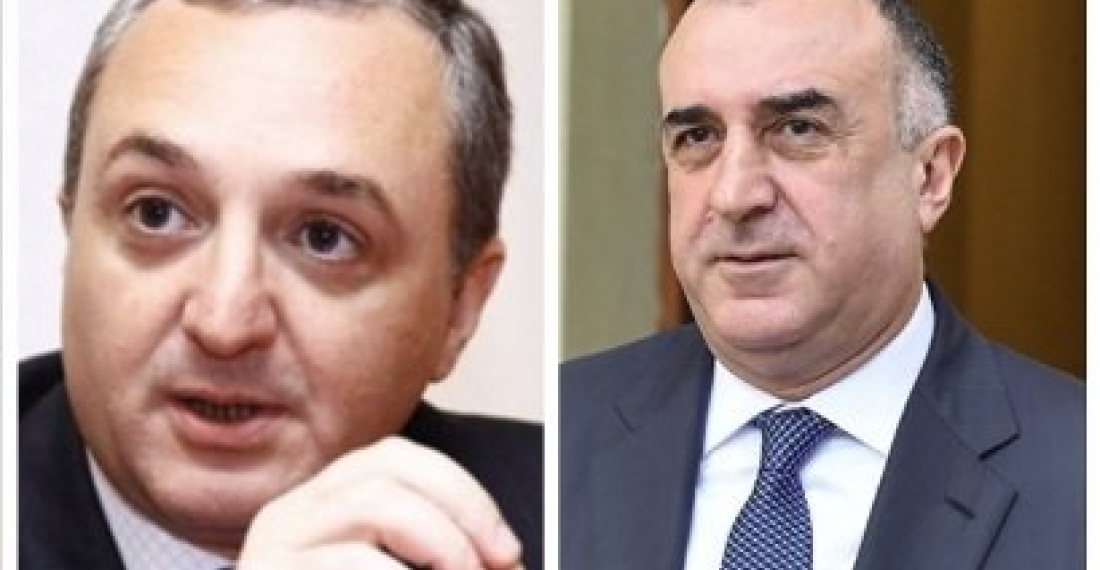"The Brussels meeting between the Armenian and Azerbaijani foreign ministers scheduled for Wednesday (11 July) is an opportunity to re-energise the Karabakh peace process. It should not be missed", says Dennis Sammut in this week's Monday commenatry
Both Armenia and Azerbaijan have confirmed that their foreign ministers, Zohrab Mnatsakanyan and Elmar Mammadyarov will meet in Brussels on Wednesday (11 July) on the margins of the NATO Summit. This will be the first high level meeting between senior officials of the two sides since the change of government in Armenia in May. It will be held in the format of the OSCE Minsk Group process, and facilitated by the three co-chair of the process representing France, Russia and the United States.
The process to find a peaceful resolution of the conflict between the two countries has been largely stalled for most of the last year. The two sides have spent the time reiterating their entrenched positions. Elections and political changes in the two countries have made it impossible for progress in the negotiations to be registered. In the meantime both sides have expressed frustration at each other's position and intransigence. The co-Chairmen have patiently tried to keep the lines of communication open, tempers down and misperception to the minimum. Their patience and perseverance needs to be applauded.
Expectations of results from the Brussels meeting are modest. But the importance of the meeting should not be underestimated. This is not only a chance to renew the contacts; pick up from where discussions have been left earlier, and for the sides to size each other up, important and essential as these things are. It is also an opportunity to turn the page, and to focus on what is important. Also to agree on a sequence as to what happens next - something that has been in question.
Eventually the leaders of the two countries, Ilham Aliyev and Nikol Pashinyan, need to get together, but not before enough preparatory work is done to make such a meeting meaningful. The Brussels meeting will show the extent that is possible, and in which time frame.
Behind the scenes there is much that can be done to ensure that the right conditions for negotiations exist. The war rhetoric that comes out on a daily basis from Baku and Yerevan certainly contributes little for such endeavours. There are many things the two sides can do to send a message to the other side, and to the international community, that they are negotiating in good fate. They should not shy from such actions, and broader society needs to be supportive.
This week's Brussels meeting between the Armenian and Azerbaijani foreign ministers is an opportunity to re-energise the Karabakh peace process. It should not be missed!
source: Dennis Sammut is the Director of LINKS (Dialogue, Analysis and Research). His Monday Commentary is published weekly on commonspace.eu. dennis@links-dar.org
The views expressed in opinion pieces and commentaries do not necessarily reflect the position of commonspace.eu or its partners
Photo: Zohrab Mnatsakanyan and Elmar Mammadyarov (archive picture)






